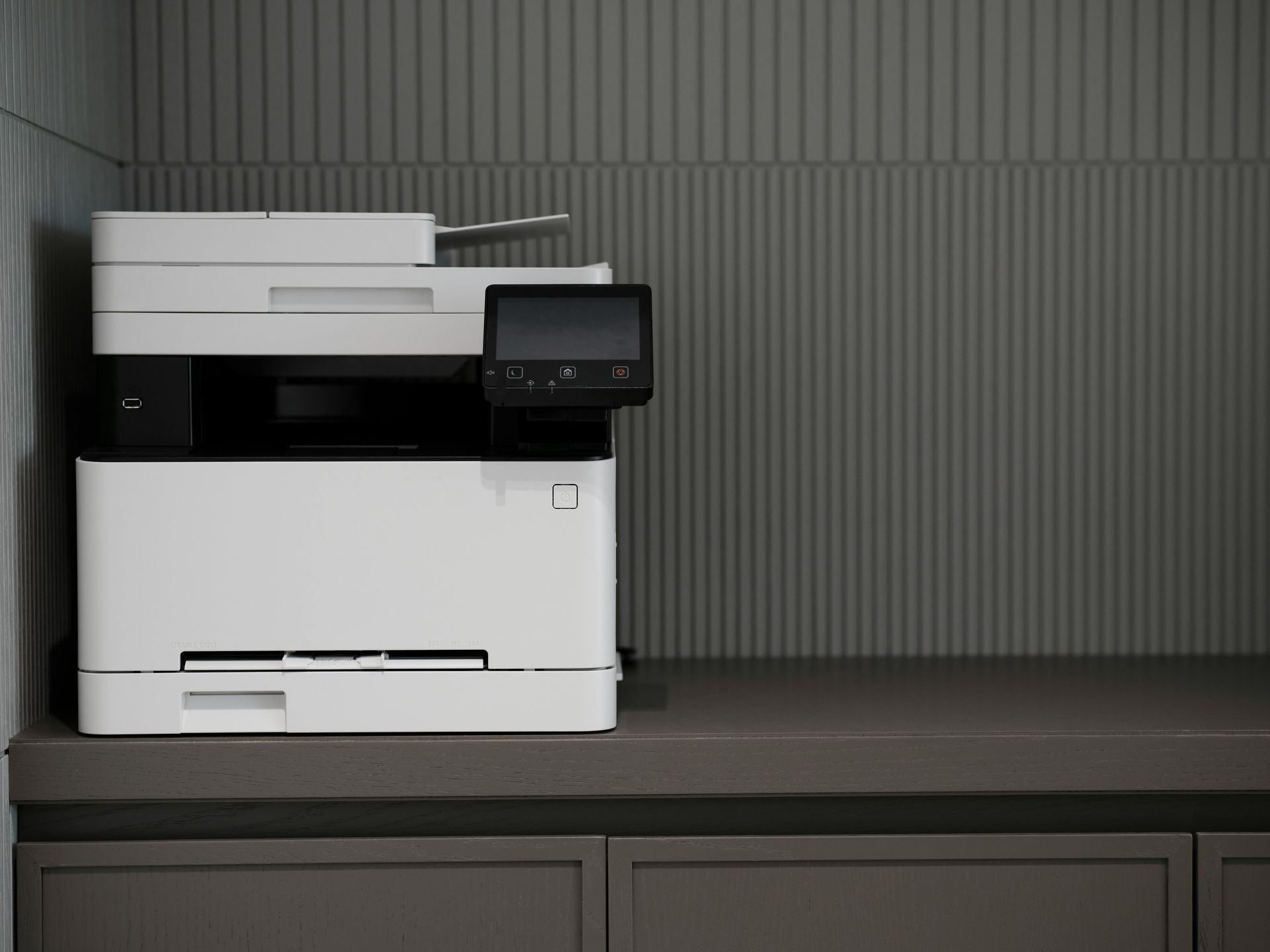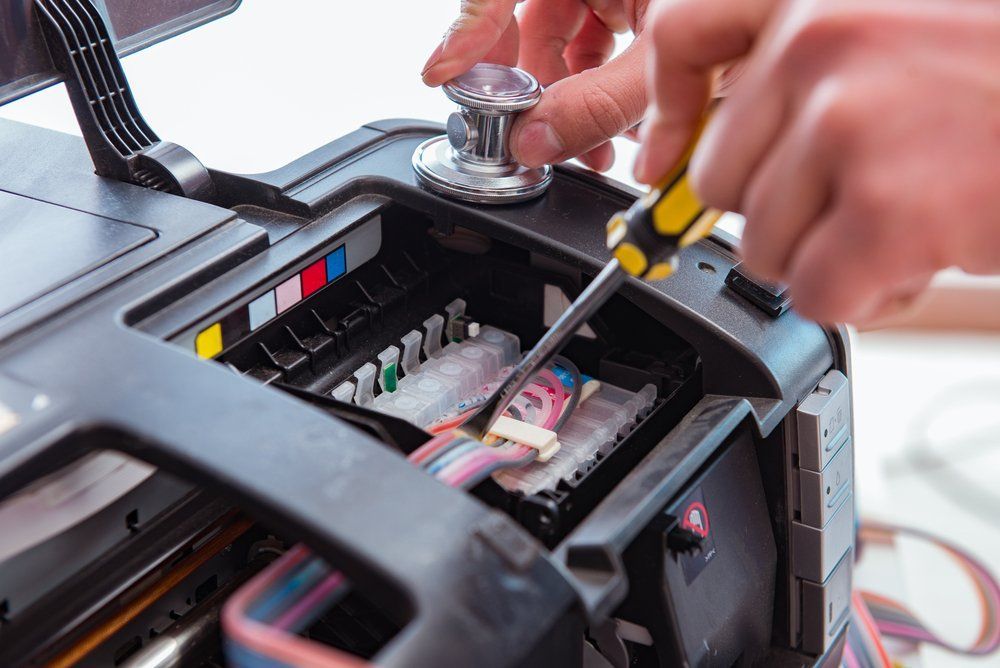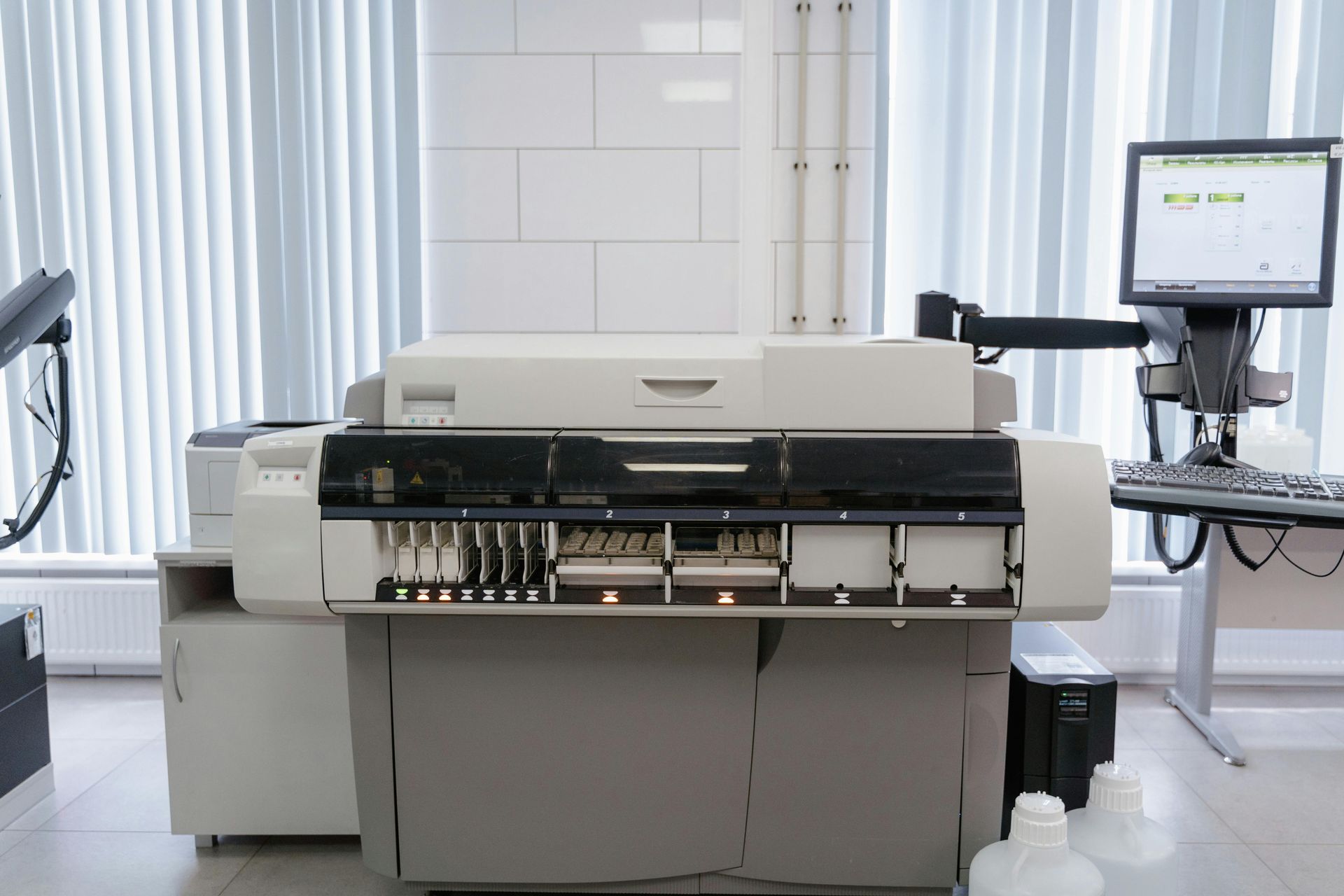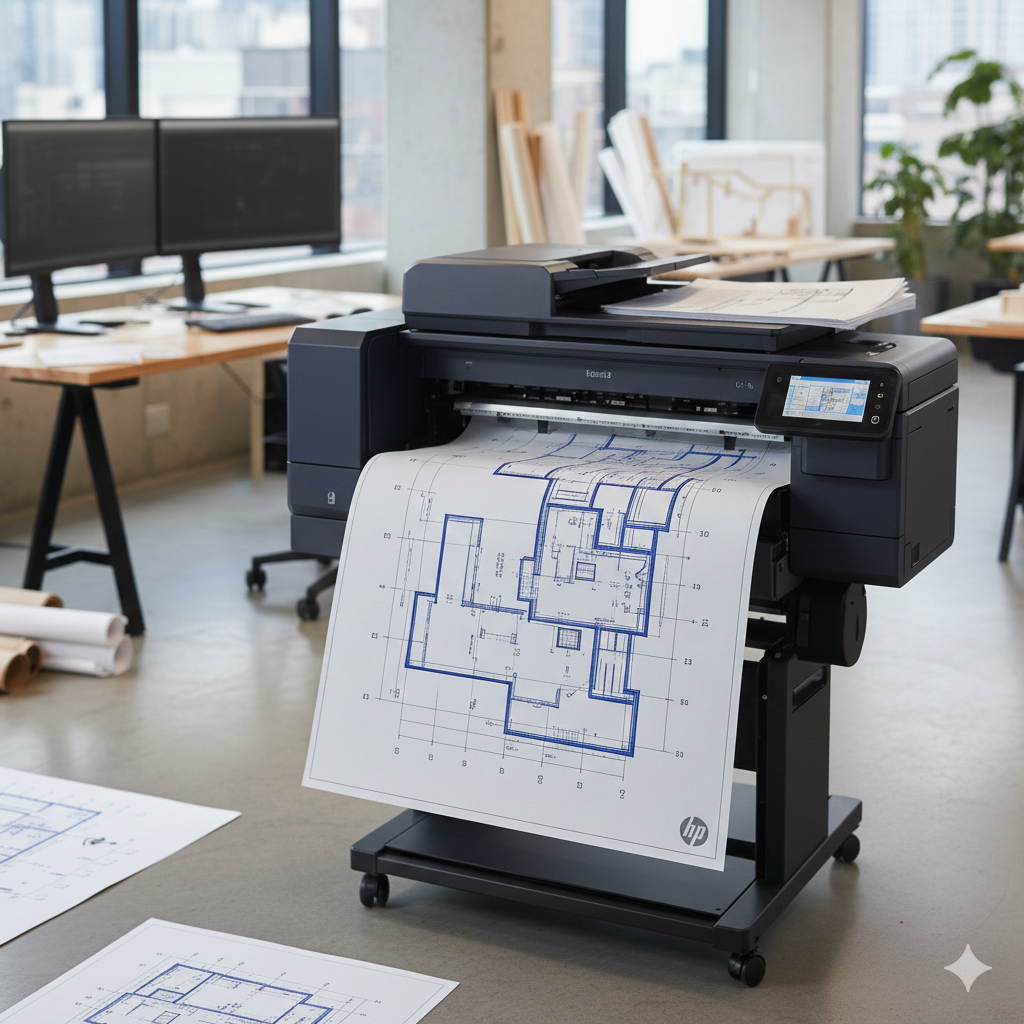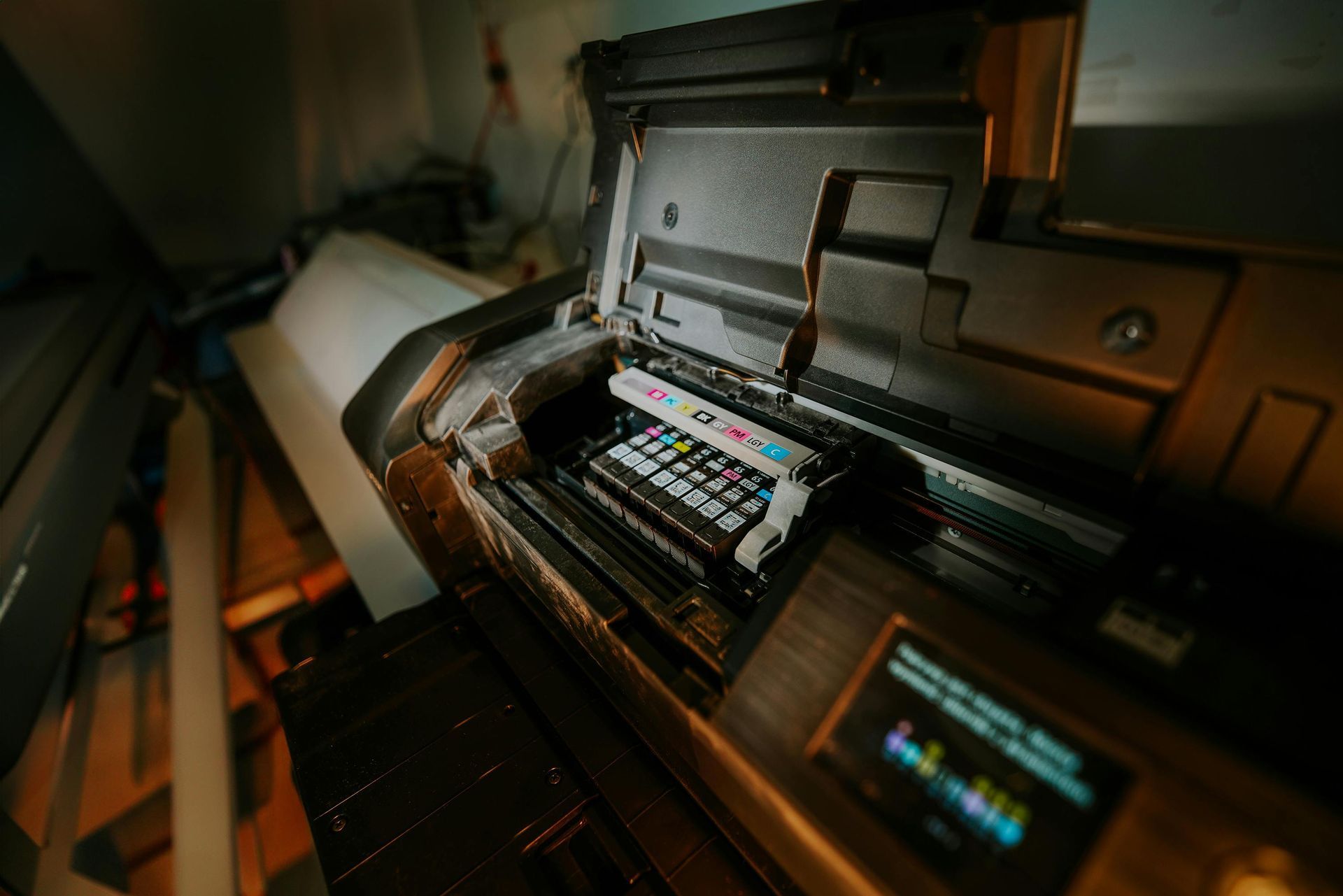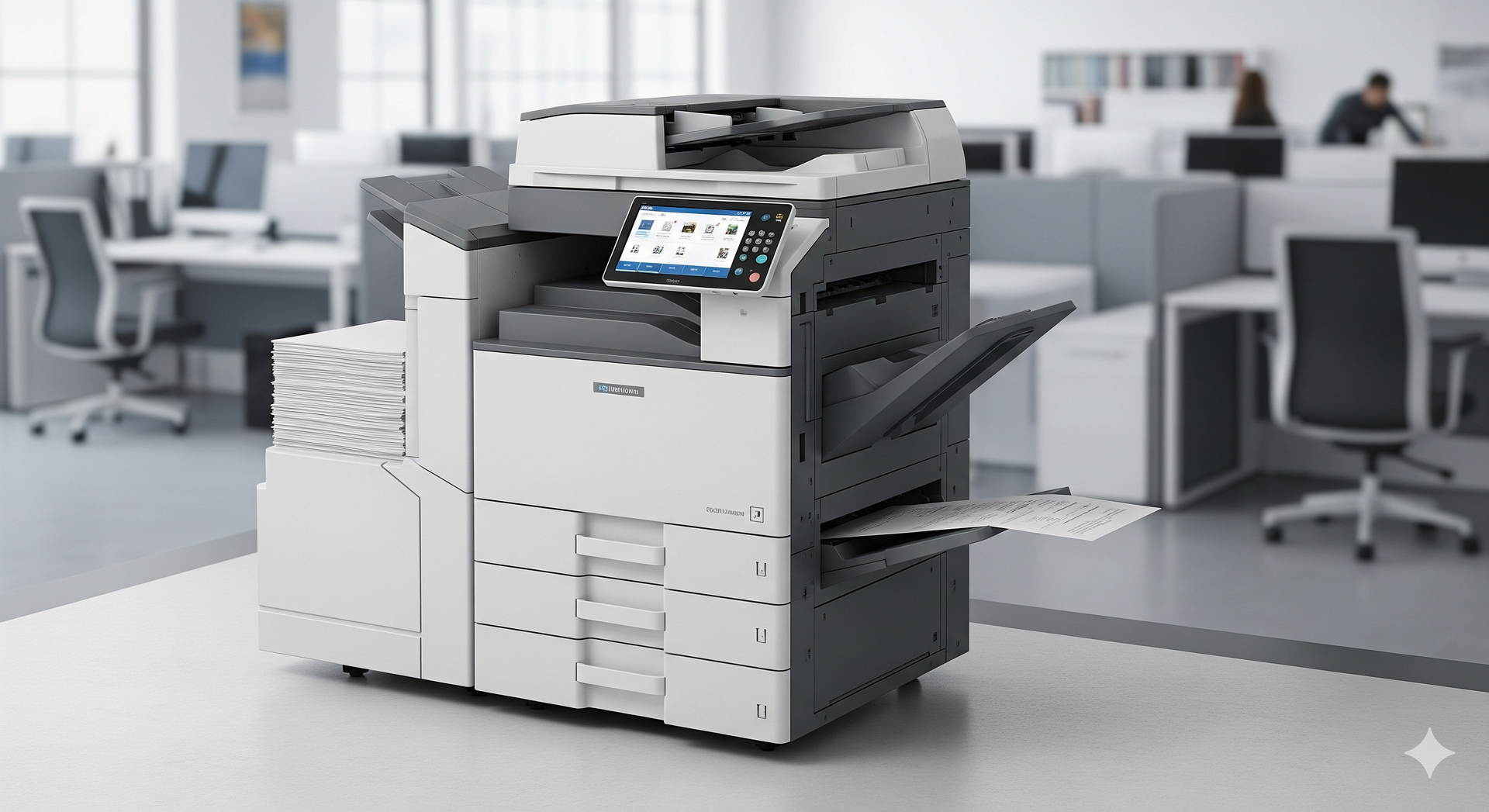Five Warning Signs Your Office Printer Is About to Fail
Printers often work quietly in the background until the day they don’t. In busy office environments, a failing printer can bring productivity to a halt, delay critical documents, and create unnecessary stress for employees. While all machines wear out over time, your printer usually gives off warning signs before a total breakdown. Knowing what to look for helps you take action early, avoid costly downtime, and plan for timely repairs or replacements. If issues persist, scheduling printer repair services can help restore performance and prevent unexpected disruptions.
In this article, we’ll walk you through five key warning signs your office printer is heading toward failure. From mechanical hiccups to software misbehavior, these signs can help you act quickly and keep your workflow running smoothly. For businesses looking for local support, you can also check whether your area is covered through the available service areas.
Key Takeaways
- Frequent paper jams can be a sign of internal wear, misaligned rollers, or poor-quality paper.
- Sluggish print speeds may indicate internal hardware problems or outdated firmware.
- Declining print quality, such as streaks or faded text, could point to failing parts or clogged print heads.
- Unusual noises or vibrations during printing can be a sign of mechanical wear.
- Repeated error codes or software crashes suggest underlying issues with firmware, drivers, or hardware.
Frequent Paper Jams
One of the earliest and most frustrating signs that your office printer might be on its way out is frequent paper jams. Occasional jams happen even with new printers, especially if the wrong type of paper is used or pages are misaligned. But if you’re clearing jams several times a week or even daily, it could be a bigger problem.
Worn-out rollers, dirty sensors, or a malfunctioning paper feed system often cause recurring jams. Over time, parts inside the printer that guide and move the paper become misaligned or lose their grip. This leads to sheets being pulled in at the wrong angle or not moving through the machine correctly.
Also, low-quality or incompatible paper can contribute to jams, so always use paper recommended by the printer’s manufacturer. If paper jams become a routine chore despite using proper paper, the issue may be more mechanical and indicate the printer is nearing the end of its service life. Learning about the benefits of regular printer maintenance can help extend the lifespan of your device and reduce recurring jams.
What to do:
Clean the rollers regularly and inspect them for wear. If cleaning doesn’t help, or the problem keeps coming back, it might be time to have the printer inspected or consider replacing it.
Slower Print Speeds
If your printer suddenly seems slower than usual, this could point to a failing internal component. While print speeds vary depending on the model and job type, a noticeable drop in speed often suggests there’s a problem.
Sluggish performance might be caused by outdated firmware, internal memory limitations, or processor issues. It could also relate to overworked components struggling to keep up with demand. Office printers are designed to handle a certain workload, and once they start aging, their ability to perform under pressure declines.
Sometimes, slow printing is due to network issues, driver conflicts, or large file sizes. However, if these factors have been ruled out, and the printer still lags behind its usual performance, hardware fatigue may be setting in.
What to do:
Update the printer firmware and drivers. Clear the print queue often, and avoid overloading the device with high-resolution files. If none of these improve the speed, consider calling in a technician or exploring replacement options.
Poor Print Quality
Deteriorating print quality is a classic sign your printer is struggling. If your once-crisp pages are now smeared, faded, or streaky, something inside the machine is no longer working properly.
Common culprits include clogged or misaligned print heads, worn toner cartridges, or low ink levels. Over time, even with routine maintenance, components like the fuser or imaging drum can wear out and cause print issues. In laser printers, dust or debris buildup can also interfere with the laser beam’s accuracy.
Low print quality not only affects how your documents look but can also lead to frustration when reprints are necessary. This is especially true if you're printing proposals, invoices, or other professional documents. You can spot more office printer repair signs that signal when it’s time to schedule service before issues worsen.
What to do:
Run a cleaning cycle and check for clogs or ink buildup. Replace toner or ink if it's near empty. If problems persist even with new cartridges or cleaned heads, the internal components may be failing.
Strange Noises or Vibrations
A healthy printer should make smooth, consistent sounds while operating. If your office printer starts making grinding, screeching, or clunking noises, it’s usually a sign that something inside is off.
This could be due to worn-out gears, loose screws, or components moving out of place. Vibrations or shaking during print jobs could indicate misalignment or internal damage. While it might still print for now, continuing to use a noisy printer could lead to more serious failures.
It’s important not to ignore unusual sounds, as they often precede major mechanical problems. Think of it like a car making knocking sounds before the engine fails — it’s the same idea with printers.
What to do:
Turn off the printer and inspect it for any obvious debris or loose parts. If you’re not confident opening the device, bring in a technician. Persistent mechanical noise usually means the printer is reaching the end of its lifespan.
Recurring Error Messages or Software Glitches
Modern printers rely heavily on software to manage jobs, communicate with computers, and update their firmware. If your printer frequently displays error messages or crashes during tasks, it may be signaling deeper issues.
Repeated messages about unrecognized cartridges, paper detection failures, or network connection drops can all point to firmware problems, corrupted drivers, or failing hardware. While a one-time error might just be a fluke, constant alerts are cause for concern.
Another software-related issue is the printer disconnecting from Wi-Fi or your office network. If your team finds themselves repeatedly rebooting or reinstalling the printer, it's more than just a minor glitch — it's a red flag. Businesses with ongoing printer concerns may benefit from structured maintenance agreements that provide regular service and faster support when issues arise.
What to do:
Check the printer’s firmware and drivers to ensure they’re up to date. Make sure your network configuration is stable. If issues persist, the internal processor or memory may be breaking down, requiring a more permanent fix or a new machine.
Frequently Asked Questions
Can regular maintenance extend my printer's life?
Yes. Regular cleaning, timely firmware updates, and using quality paper and cartridges can keep your printer running longer. Preventive maintenance can also help spot issues early.
How long do office printers usually last?
Most office printers last between 3 to 7 years, depending on usage, maintenance, and print volume. High-end models may last longer with proper care.
Should I repair or replace a failing printer?
It depends on the problem and the printer’s age. If repairs cost more than 50 percent of a new model, or if the printer is older than 5 years, replacement is usually more cost-effective.
Is it bad to keep using a printer that jams often?
Yes. Frequent jams can damage internal components and lead to worse problems over time. It also wastes paper and employee time, reducing productivity.
How do I know if print quality problems are due to ink or hardware?
Try replacing the ink or toner first. If that doesn’t solve the issue, run a cleaning cycle or print a test page. Persistent problems suggest hardware issues like failing print heads or worn drums.
Final Thoughts
By keeping an eye out for changes in performance and taking quick action, you can avoid downtime, maintain a smooth workflow, and ensure your team stays productive. Whether you choose to repair or replace, don’t wait for the complete breakdown. Learn more about why choose us when selecting a trusted partner for printer repair and maintenance, and you’ll feel more confident in your decision.
Listen to what your printer is telling you — it could save you a lot of time and trouble down the road. If you’re ready to take the next step, reach out today through our
contact MachineFix page and schedule reliable service for your office printers.


